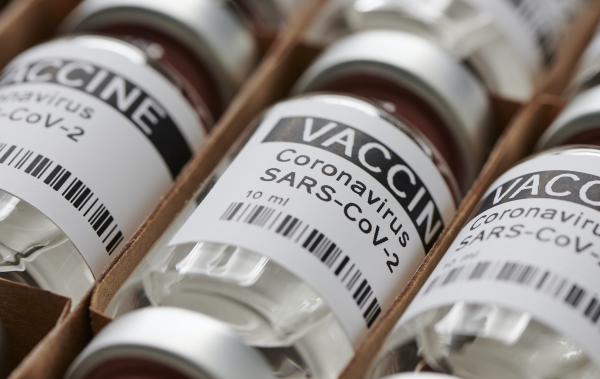A report in the UK suggests the country's regulator could approve Pfizer's COVID-19 vaccine this week with the country to immediately start its national immunisation program.
Pfizer is developing the mRNA vaccine with German company BioNTech. They recently reported early data from a late-stage trial that showed the vaccine was 94.5 per cent effective in protecting against COVID-19.
The US FDA could approve the vaccine after a meeting of a special advisory committee on 10 December. The leaders of the country's 'operation warp speed' initiative have said they will start the distribution of 6.4 million doses of the vaccine in the first 24 hours after the regulator grants emergency authorisation or approval. They said up to 20 million Americans could be administered their first dose of a COVID-19 vaccine in December.
However, a report in the Financial Times suggests the UK could be the first approve and start the distribution of a COVID-19 vaccine in response to data from late-stage trials.
According to the report, government officials say the country's regulator (Medicines and Healthcare Products Regulatory Agency) could grant the Pfizer-BioNTech vaccine a provisional authorisation "within days". It said the country's vaccination program would then start on 7 December.
The UK has an agreement to procure 40 million doses of the vaccine. It announced the agreement on 20 July. It has agreements for six vaccine candidates.
The Australian government, which announced a deal for 10 million doses of the Pfizer-BioNTech candidate on 5 November - around four weeks ago and over three months after the UK announced its agreement - does not except the first batches to arrive until March next year.
The TGA has designated the vaccine for provisional approval.
The Australian government and its officials have said the country is at the 'front of the queue' for a COVID-19 vaccine or, in the case of Department of Health secretary Dr Brendan Murphy, that there is no queue.
However, it now confronts the potentially awkward challenge of the UK and US vaccinating millions of people in priority population groups, while those same groups in Australia wait until March.
